Do I repeat myself?
[Very well then I repeat myself.]
[originally published October 11, 2024]
Copyediting tips and maxims, I think, are rather like those piano exercises1 I was expected to devote time to as a young person when I would have much preferred noodling around with “Theme from The Apartment,” “Theme of Exodus,”2 or Beethoven’s Piano Sonata No. 14, which is to say the Moonlight Sonata, at least its first movement.3 That is, they may not be as much fun as truly fun things are, but they’re important (at least I think they are), and you need to drill them till you internalize them.
My last two ’stacks have been devoted to such tips and maxims, and this episode will comprise a third and, at least for the moment, last, as I hope, one day soon, to have a thought that runs longer than two or three sentences at a time.
Also, I now excuse myself for perhaps offering up tips and maxims here today that I’ve already offered up recently, as even I, as devoted to my every utterance as I may seem to be, can’t always remember what I’ve already said and when.
Off we go, then.
Sixty times out of one hundred when you type breath you mean breathe. Ninety-seven times out of one hundred when you type parent’s you mean parents’. Maybe ninety-eight.4
That said, when it comes to the adjective “loath” (oops, sorry, I meant “the adjective loath”), as in “I am loath to play scales and other such piano exercises,” the spelling loathe is sometimes used (correct per the dictionary but looking distinctly like an error,5 which is sometimes but not always one of my favorite things), as is the spelling loth (which is so peculiar I feel myself tempted to start using it).6
Perhaps oddly, I was asked twice in twenty-four hours recently for my thoughts re live stream, live-stream, livestream, etc., and after due consideration I would commend to you livestream as both noun and verb, also livestreamed and livestreaming. I tend to favor closing up and dehyphenating compounds provided the result is pretty and legible, which is why I’m in favor of lightbulb over light bulb (to say nothing of the wishy-washy light-bulb) and adamantly opposed to pushup and mashup, which I think would do well to remain push-up and mash-up.7
As a fledgling copy editor I was taught to attach prefixes like anti-, co-, non-, post-, and pre- to their main events hyphenlessly, and though that tends to work just fine in constructions like antiwar (and even antiaircraft), coed, nondairy, postmodern, and prenup, it can look irksomely peculiar particularly when the compounds are created on the fly for unique or nearly unique use8 (as in, say, a reference to “doctors and nondoctors”), and you might consider, every now and then, holding on to your hyphen for the sake of readability (or writing what you want to write some other way: “doctors and laypeople,” for instance). Just don’t do it too much, and certainly don’t do it for dictionary-ratified closed-up unhyphenated compounds, lest you come off looking like a, well, rube. And you don’t want to look like a, well, rube, do you.
Oh yeah, I almost forgot. No one (at least no one I know) likes the look of coworker, because it looks as if it has something to do with orking cows, and my personal nose-wrinkling distaste for coauthor is why for many years Random House books have heralded (and perhaps will continue to do so, who knows?) on their jackets and covers9 co-authors.
Overall, I think that, in prose, things that are meant to jump up at you should, and things that needn’t shouldn’t.
I’m also a proponent of “Neatness counts,” which in my particular brain registers as “Consistency counts.” That’s why, though it’s less a hard-and-fast rule than a tidy guideline, I adhere strictly to each other for the relationship between two things and one another for the relationship among three or more things, to say nothing of adhering to between for pairs and among for triplets10 and beyond.11
Last time I ’stacked I pledged to cover another half dozen or so other copyeditorial points, but I don’t want to overstay my welcome today, and perhaps, Scheherazade-like, I simply wish to keep you coming back for more and more, night after night, so let me spin the Wheel of Fortune and see which single one of those half dozen or so other copyeditorial points comes up for today’s installment no. 9.
And the winner is . . . “chaise longue.” Well, OK, then, let’s talk about chaise longues or, if you like, chaises longues. Now, the term derives, to be sure, from the French (it’s literally a long chair), but it was domesticated into standard English use two hundred or so years ago, so I might well lean my thumb on the scale and favor the plural “chaise longues” because it’s less, indeed, French.12 Yet we must also contend with the use, particularly in the United States, of the construction “chaise lounge,” which has been sharply on the rise since the early twentieth century and now shows up nearly as much as “chaise longue.” Is “chaise lounge” wrong? Well, if it ever was, it’s no longer. But is it entirely correct? I’m glad you asked. If I were writing or copyediting a novel about, say, the doyenne of a Fifth Avenue manse in 1895, I would certainly stick to “chaise longue.” But if I were writing or copyediting a novel about, say, a 1960s Long Island housewife who was redecorating her split-level house with the living room that no one ever goes into situated halfway up the stairs,13 I might well prefer to hear her discussing the purchase of a chaise lounge.14 Context is all.15
Basta. Have a lovely rest of the day.
The Fine Print
Thank you for being here. This ’stackery work of mine is free to all readers and will remain that way; if you’ve chosen to contribute financially to its and my upkeep16 by becoming a paid subscriber, you’re doing something you don’t have to do, which makes your generosity that much more resonant, and I am profoundly grateful.
Benjamin
Why is it “Theme from The Apartment” with a “from” but “Theme of Exodus” with an “of”? Because created things are called what they’re called by the people who create them, and the most important thing to know about proper nouns is that you must respect them, a lesson that might well be learned by our preeminent* national newspaper, which persists in referring to, for instance, Broadway’s St. James Theatre, which is its name, as “the St. James Theater,” which is not its name, and doubles down by referring to London’s National Theatre as “the National Theater,” which is certainly not its name.
*This is where I’m supposed to make a joke about diaereses and The New Yorker, but it would take too much time, and Jack Lord knows I’ve made the joke a few hundred times by now.
“[Beethoven] perhaps was her favorite composer, and many were the evenings when with lights quenched and only the soft effulgence of the moon pouring in through the uncurtained windows, she sat with her profile, cameo-like (or like perhaps to the head on a postage stamp) against the dark oak walls of her music-room, and entranced herself and her listeners, if there were people to dinner, with the exquisite pathos of the first movement of the Moonlight Sonata. Devotedly as she worshipped the Master, whose picture hung above her Steinway Grand, she could never bring herself to believe that the two succeeding movements were on the same sublime level as the first, and besides they ‘went’ very much faster.”
—E. F. Benson, Queen Lucia
I usually prefer to present words-as-words in roman and quotes, as in “the word ‘impertinent’” rather than “the word impertinent,” as the latter has, I think, a somewhat textbooky look to it, but it’s rather hard, don’t you think?, to make out “Ninety-seven times out of one hundred when you type ‘parent’s’ you meant ‘parents’.’” So for the rest of this piece, one of whose themes is, or at least is about to be, consistency, I’ll use italics for this sort of thing.
An accepted past tense of the verb to plead is (besides pleaded and pled, that is, and we can discuss those some other day) plead. That doesn’t mean you have to use it.
I am irresistibly drawn to spellings that are correct but peculiar-looking, which is why I’m much more apt to write by the bye than by the by and aeons rather than eons. It’s a kind of pretentiousness, I know, but as the divine Ruth Gordon once noted, “I don’t know the problem with being pretentious if you can follow it up with something.”
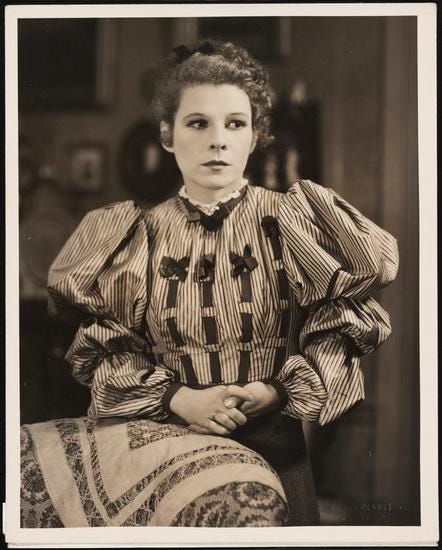
Yes, yes, yes, there are no degrees of uniqueness. A thing is unique or it isn’t. But though I’d never describe something on the brimming-over-with-uniqueness level as “very unique,” I’m unopposed to explicitly acknowledging the approach to but not quite achievement of uniqueness. That thing I said a few days ago about how if you’re going to annoy your readers, do it on purpose? Yeah, that thing.
Hardcovers have removable jackets.* Paperbacks have nonremovable, except by tearing them off, covers.** People tend to refer only to covers, particularly when discussing what’s on their fronts. It doesn’t bother me—much—but I can’t (yet? ever?) call a jacket a cover. Occupational hazard and all that.
*Well, many/most do. Some hardcovers—of the sort we departmentally referred to as paper-over-board—have their art and text printed right on their cases and have no jackets at all.
**The covers of unsold mass market paperbacks (the little rack-size ones, that is) are torn off by retailers and returned to the books’ publisher as proof of their unsoldedness because sending the books back fully and bodily is pointlessly expensive. What’s left of the book is meant to be discarded, thus that note on the copyright page about how you’re not supposed to be buying a coverless book.
Speaking of triplets, many writers have a relentless tendency to string together adjectives in threes, and that can quickly become monotonous. Be on the lookout, please, and consider, at least occasionally, paring your threes down to twos or even, dare I say it, ones.
Also speaking of triplets:
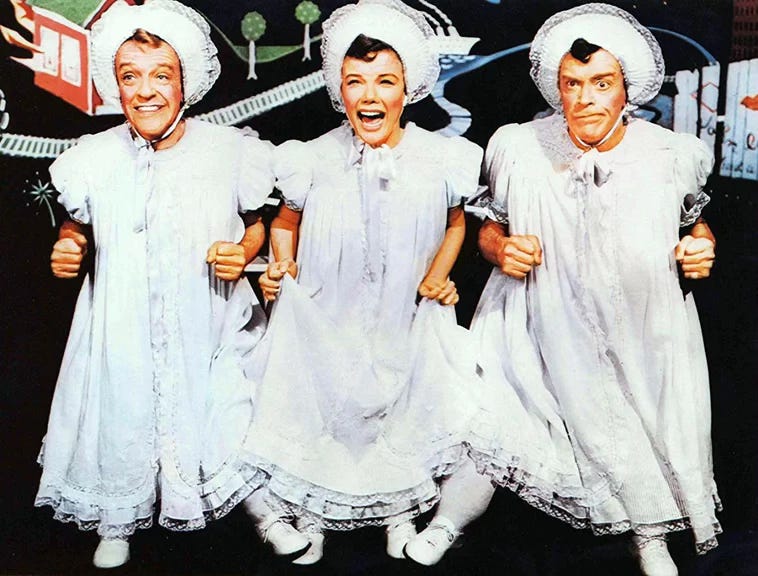
Though if I were referring to the individual one-on-one relationships within a large group, I might still use “between.”
Have you noticed that I’ve reverted here to discussing words-as-words in roman type and quotation marks rather than in italics? I’m doing that to avoid sowing confusion about the use of italics for non-English words vs. roman type for domesticated English words. So much for consistency.
Who would in no way, I would like to clarify, though it is too late for her to sue me, be my own mother (who didn’t know from chaise longues, chaises longues, or even chaise lounges and who would surely have been shopping for a couch) in our own house.
The word lounge (back to italics, I see) seems to have entered the English language in the very early sixteenth century, and it delights me to know that no one seems to know whence it derived. Not everything needs to be known.
What do you do, as a copy editor, when you encounter “chaise lounge” and don’t think it works in context? You carefully and respectfully and tactfully query it in the margin thus: “AU: OK? Or perhaps the traditional ‘chaise longue’ might work better here?” Enlighten without condescending. Make yourself great by making your author greater.


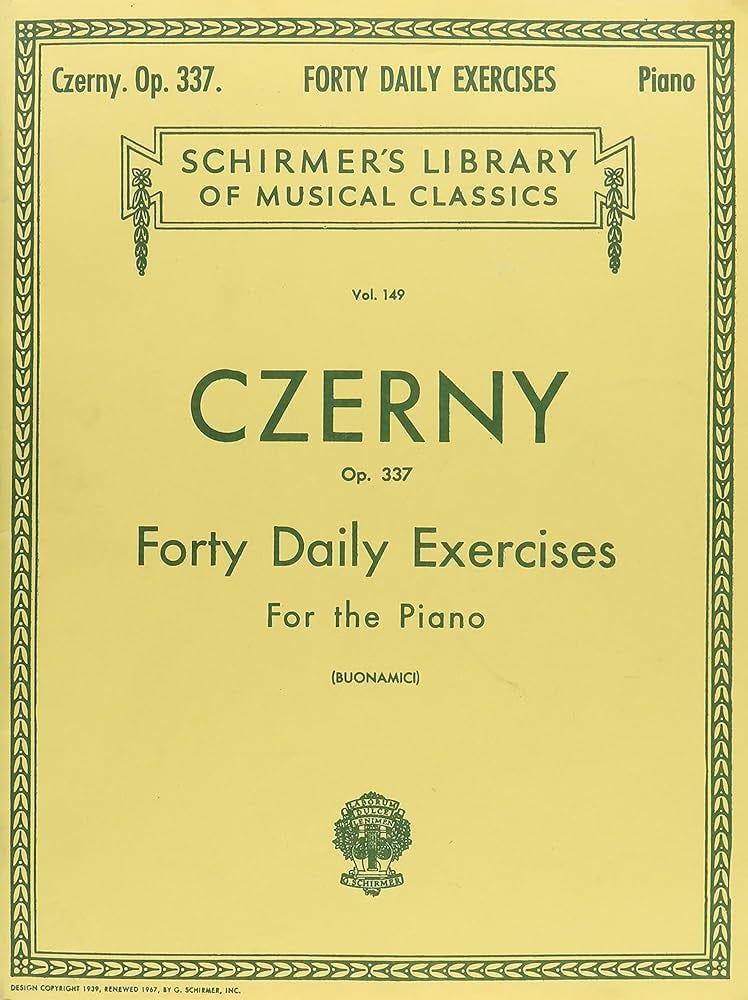
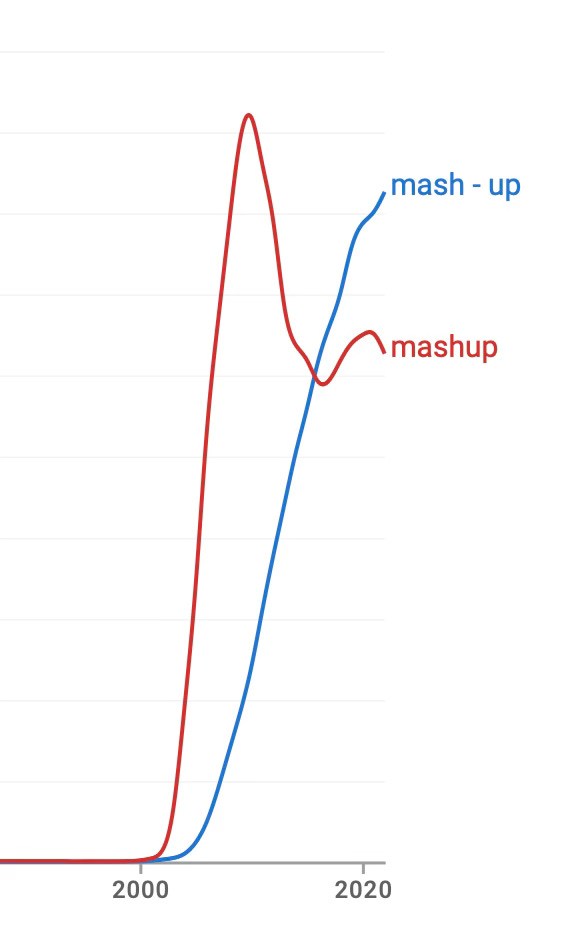
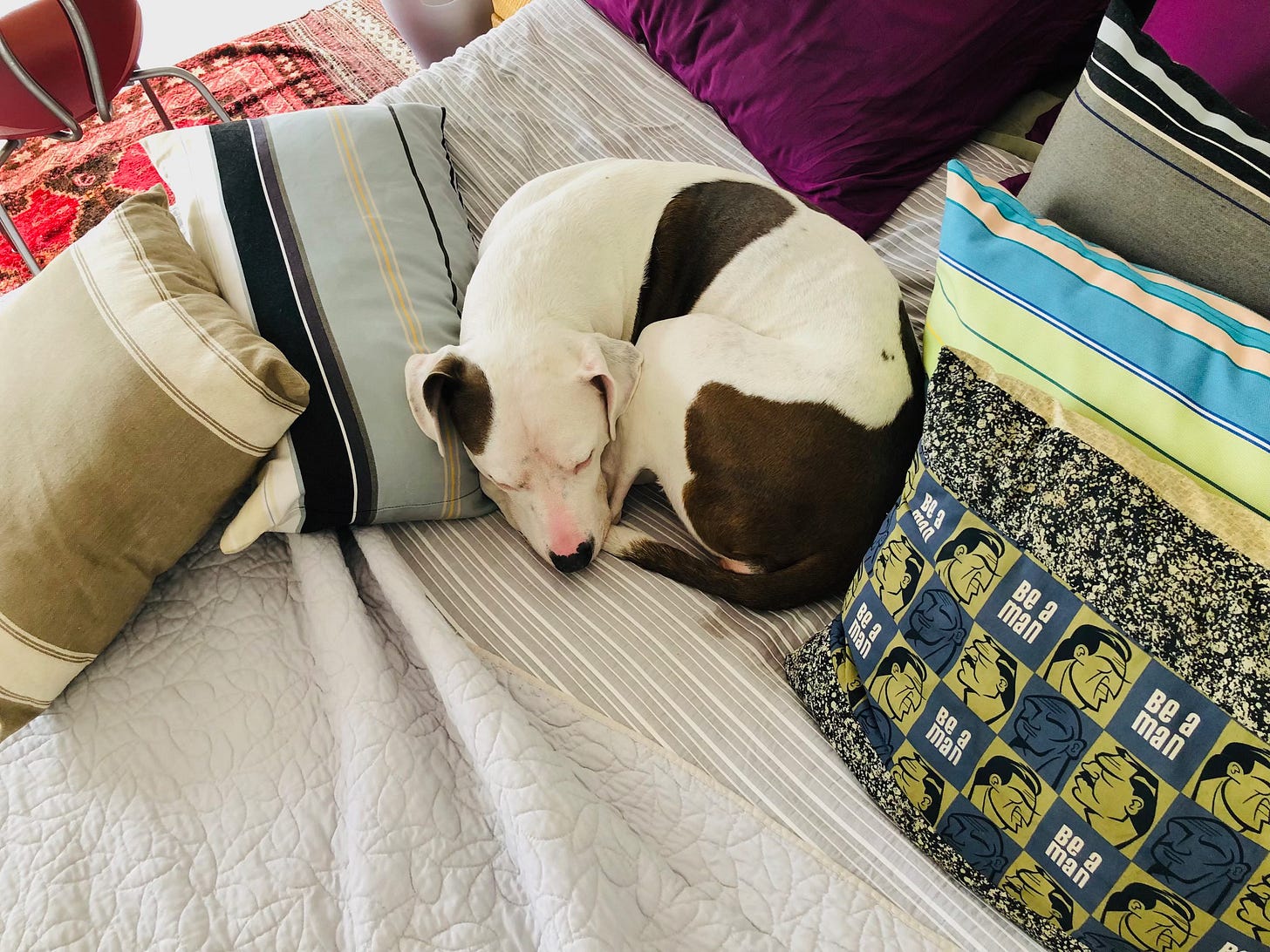
Your note on the unknown origin of "lounge" dovetailed nicely with something else I enjoyed this morning. There's a delightful daily email on language, A.Word.A.Day, from wordsmith.org, that signs off with an afterword quote. Today's was from Richard Feynman: "I don't have to know an answer. I don't feel frightened not knowing things, by being lost in a mysterious universe without any purpose, which is the way it really is as far as I can tell." Let's celebrate uncertainty.
Did you say Oscar Levant was supposed to be the middle triplet in that number? Can we pay some AI expert lots of money to make that happen? And can anyone explain why a child in the fifth grade (me) would have gone as Oscar Levant for Halloween, complete with a necklace made of pill bottles? No one is left to corroborate this distinct memory.